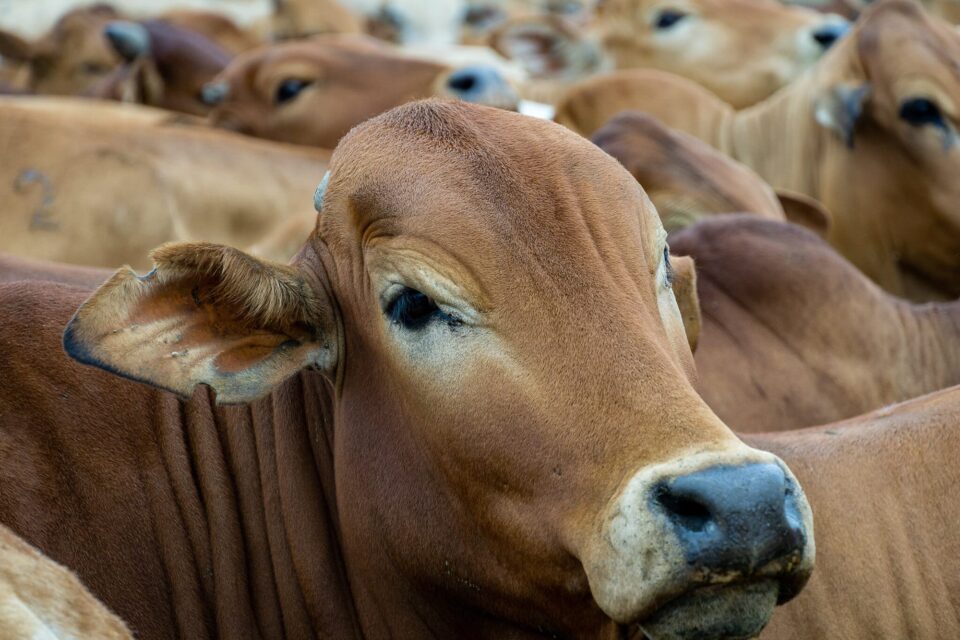Tanzania stands to significantly enhance the economic contribution of its livestock sector through a bold and comprehensive plan centered on climate-smart strategies and innovations. According to a new report by the World Bank, despite the country’s large livestock population, climate-related risks and insufficient investments from both public and private sectors have hampered growth and international competitiveness.
The 21st Tanzania Economic Update, titled “Harnessing the Opportunity for a Climate-Smart and Competitive Livestock Sector in Tanzania,” advocates for substantial public investment—at least $546 million over the next five years. This translates to an annual investment of approximately $109 million, marking a fivefold increase over previous budgets and a 50 percent rise from the 2023/24 budget.
“The demand for livestock products has surged due to urbanization, income growth, and changing lifestyles and diets,” said Nathan Belete, World Bank Country Director. “This increased consumption presents both opportunities and risks. There is a real chance to tap into the growing internal market while exploring export expansion, fostering sectoral growth and international competitiveness sustainably and climate-smartly.”
Tanzania, with one of the fastest-growing livestock populations globally, is home to an estimated 36.6 million heads of cattle—the second largest in Africa after Ethiopia. This accounts for 1.4 percent of the global cattle population and 11 percent of Africa’s total. The country also has substantial populations of sheep, goats, chickens, and pigs, placing it among the top ten in overall livestock size on the continent. The livestock sector provides income-generating opportunities across the value chain, employing 33 percent of the population, or 4.6 million households. However, the country’s exports fall short of their potential, indicating challenges in leveraging the sector’s full economic potential for job creation and poverty reduction.
The report highlights serious challenges faced by Tanzania’s pasture-based livestock sector due to climate change, including erratic rainfall and rising temperatures. Endemic livestock diseases further constrain the sector, impacting animal health, productivity, and market access. Structural and institutional challenges, compounded by climate risks, hinder productivity and competitiveness. Additionally, disproportionately low public funding limits essential investments in research, extension services, and infrastructure.
Globally and in Tanzania, the livestock sector is a significant source of greenhouse gas emissions, particularly methane, contributing to climate change. Despite this, funding for methane reduction efforts is minimal, posing challenges to climate change mitigation goals and food security.
“Despite various challenges, the sector has strong growth potential and plays a crucial role in Tanzanian livelihoods,” said Ernest Ruzindaza, World Bank Senior Agricultural Economist and co-author of the report. “Tanzania’s strategic location with sea access and borders with seven countries positions it well to meet regional and global demand for livestock products. Its diverse indigenous livestock breeds cater to various consumer preferences domestically and internationally, supporting the export of livestock genetics and biotechnology products.”
The report recommends increased public investment to incorporate climate-smart interventions aimed at reducing methane emissions by 13% and boosting protein production by 29% over six years. It also calls for a series of policies and investments targeting productivity, trade and value addition, climate adaptation and mitigation, and sector governance with these resources.



